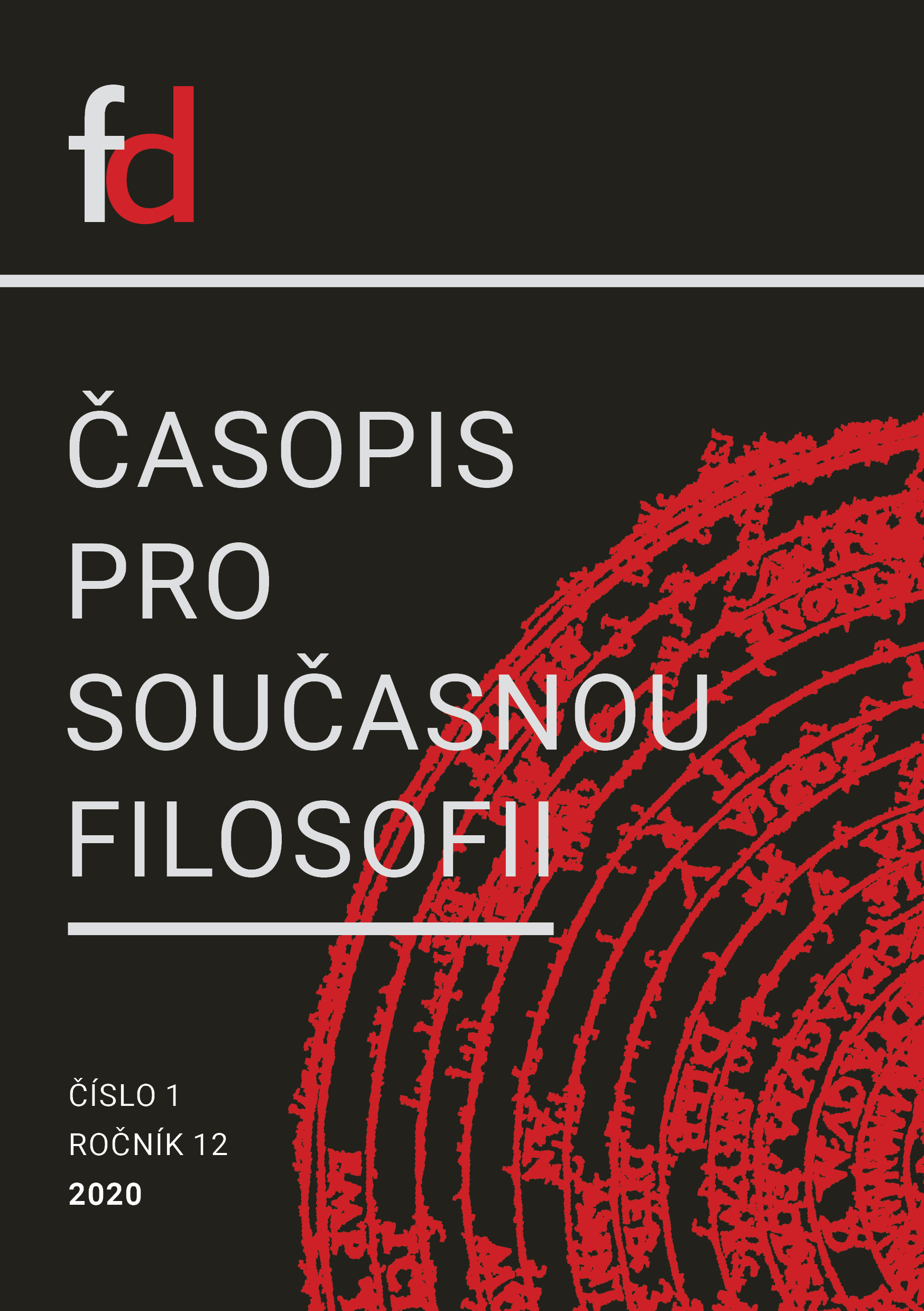Comments on the book of Tereza Matějčková Gibt es eine Welt in Hegels Phänomenologie des Geistes? / “Is there a world in Hegelʼs Phenomenology of Spirit?”, Tübingen: Mohr Siebeck 2018
DOI:
https://doi.org/10.26806/fd.v12i1.316Abstract
Tereza Matějčková’s book presents a highly interesting phenomenological reading of Hegel’s early masterpiece. The result is a proposal to take the title seriously – such that we can see the book as the earliest introduction into the methods and topics of philosophical phenomenology, despite the fact that Husserl himself, in contrast to Heidegger, did not seem to see the narrow relation. I especially value Tereza Matějčkováʼs very deep understanding of the dialectical humour and irony of Hegel’s writings. However, I understand the Phenomenology of Spirit in a somehow more radical way as a most general ‘logicֹ’ of self-consciousness. It shows how referring to myself is referring to the world and vice versa, despite the fact that the word ‘world’ does not play a prominent role in Hegelʼs text. Some disagreements result over Hegelʼs wide use of metaphors and analogies in his structural analysis of personal self-relations, for example in his reconstruction and critique of the age-old (in fact Platonic) image of a fight between a thinking soul as master and a system of immediate bodily desires as slave. We cannot get rid of inclinations and appetites, and we cannot retreat, as the Stoics had thought, into pure thinking. In other words, there is no fight ‘for recognition’ between different individuals in Hegelʼs book, but in the end an answer to a classical theodicy saying that the world, as it is, is the best one we have because there is only one world.
Downloads
Published
Issue
Section
License
Authors who publish in this journal agree that:
1. Authors retain copyright and guarantee the journal the right of first publishing. All published articles are licensed under the Creative Commons Attribution license, which allows others to share this work under condition that its author and first publishing in this journal was acknowledged.
2. Authors may enter into other agreements for non-exclusive dissemination of work in the version in which it was published in the journal (for example, publishing it in a book), but they have to acknowledge its first publication in this journal.
3. Authors are allowed and encouraged to make their work available online (for example, on their websites) as such a practice may lead to productive exchanges of views as well as earlier and higher citations of published work (See The effect of open access).


